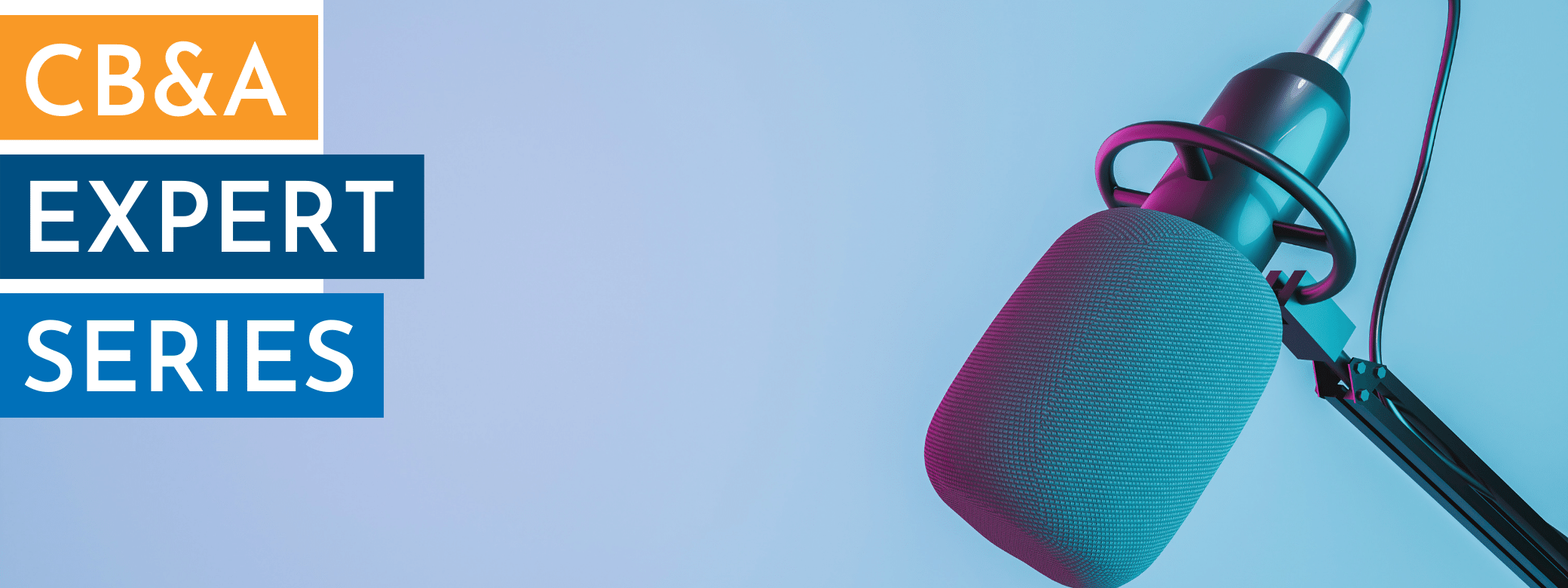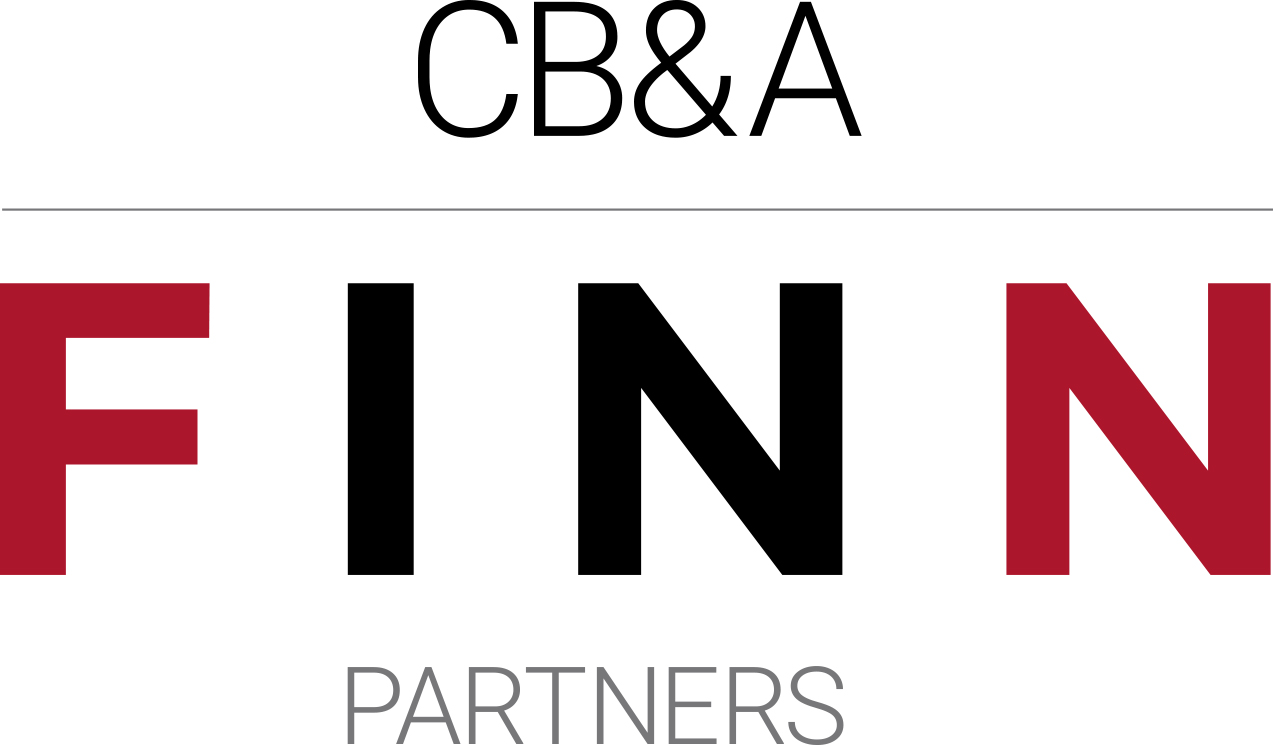
 As podcasting continues to grow in popularity, many educators and school administrators are turning to podcasts as a tool for professional learning. This gives business-to-education (B2E) marketers an opportunity to use podcasts to engage with customers and sales prospects.
As podcasting continues to grow in popularity, many educators and school administrators are turning to podcasts as a tool for professional learning. This gives business-to-education (B2E) marketers an opportunity to use podcasts to engage with customers and sales prospects.
In a recent conversation hosted by CB&A, three prominent education podcasters discussed how they approach their productions. They also shared their advice on how to get started with podcasting and offered keys to their success.
#1) Choose relevant and engaging topics.
As with any content you create, your podcast must resonate with your intended audience. It should focus on helping listeners solve the challenges they’re facing every day, allowing them to do their jobs more effectively.
To generate timely and engaging ideas for her podcast, Monica Burns—an edtech consultant, former New York City public school teacher, creator of the ClassTechTips.com website, and host of the Easy EdTech podcast—mines her social media accounts. “I’m listening to see what questions educators are asking and what topics they’re most excited about on my Twitter feed,” she says. Education marketers might also use surveys, focus groups, sales team feedback, and website analytics to discover the topics that prospects want to learn more about and the biggest challenges they face.
In creating podcasts that engage educators, lean on customer voices. Education leaders highly value what their peers in other schools and districts have to say. Use your podcast as a platform for customers to tell your company’s story.
#2) Be prepared.
To make the best use of everyone’s time, it helps to have an outline or a list of questions to steer the conversation beforehand. That way, you can ensure that you’re covering the topic thoroughly and touching on the key points you want to make within each episode.
When Steven Miletto, a 35-year veteran educator, former Teacher and Principal of the Year for the state of Georgia, and host of the Teaching, Learning, Leading K-12 podcast, first started his podcast, he would have a few general topics in mind to discuss with his guests, but he would approach each episode as a free-flowing conversation.
“I found that some guests would simply give yes-no answers, even though they were normally talkative,” he notes. Without thoughtful, well-prepared questions that could elicit a deeper discussion, the conversation sometimes fizzled. “So, I learned to create guiding questions in advance.”
#3) Yet, keep it casual.
The most effective podcasts sound like organic, casual conversations rather than well-rehearsed dialogues. “That spontaneity is one of the keys to a good podcast,” says veteran education journalist Kevin Hogan of The Hogan Report. While it’s important to be prepared, you shouldn’t try to script the entire conversation in advance. Instead, let the conversation flow naturally.
For every episode that Burns records, she finds there’s an “I can’t help myself” moment where the conversation will veer off on a tangent to explore something unexpected. Sometimes, these unrehearsed moments are where the best insights can be found.
To learn more about using podcasts to reach educators, watch our event replay.
